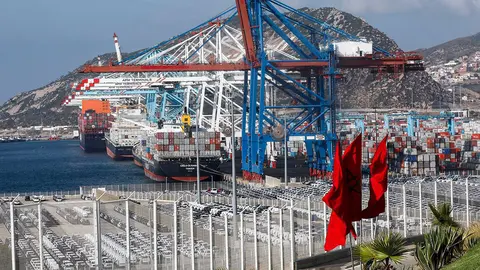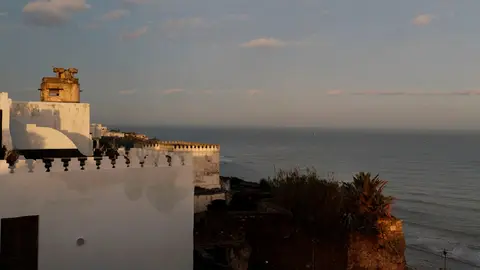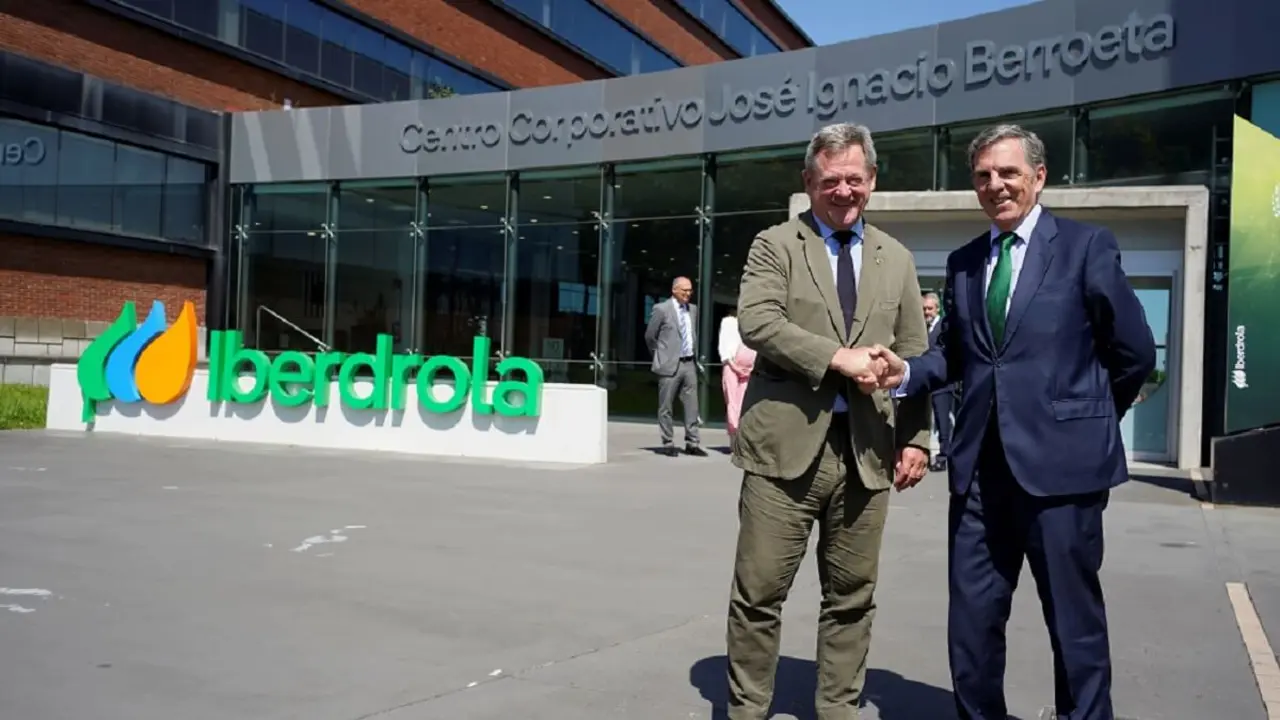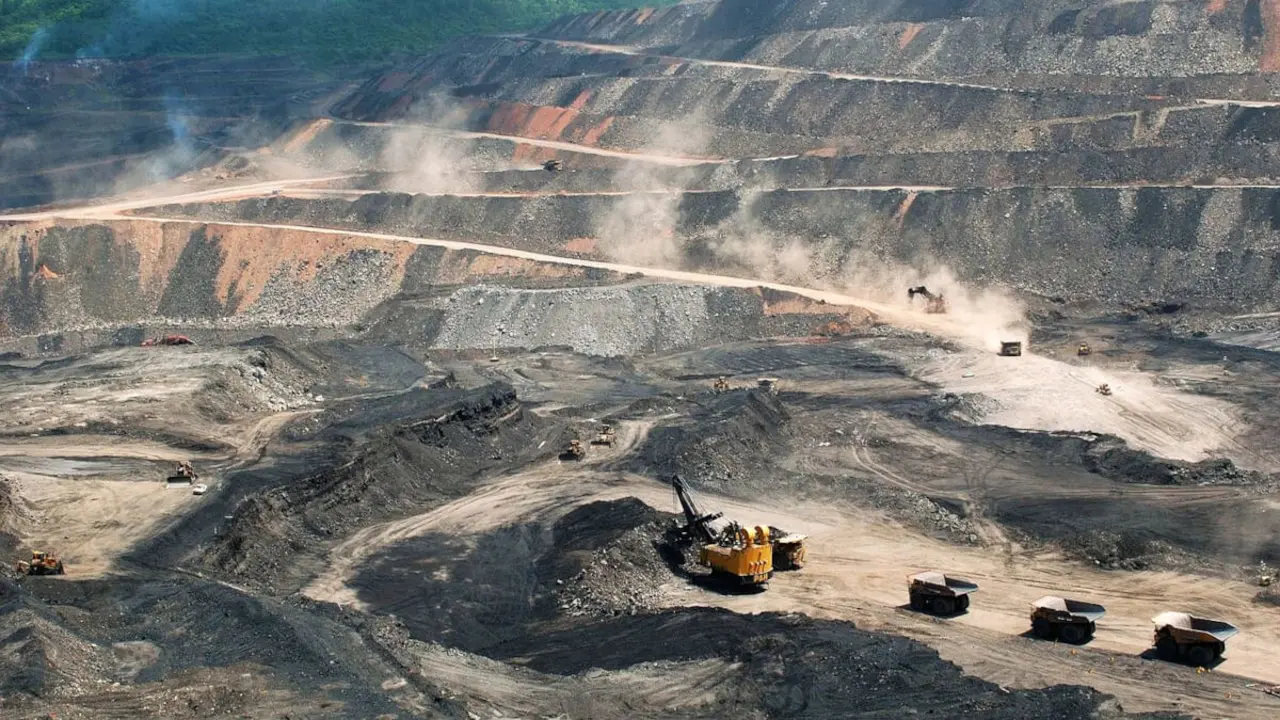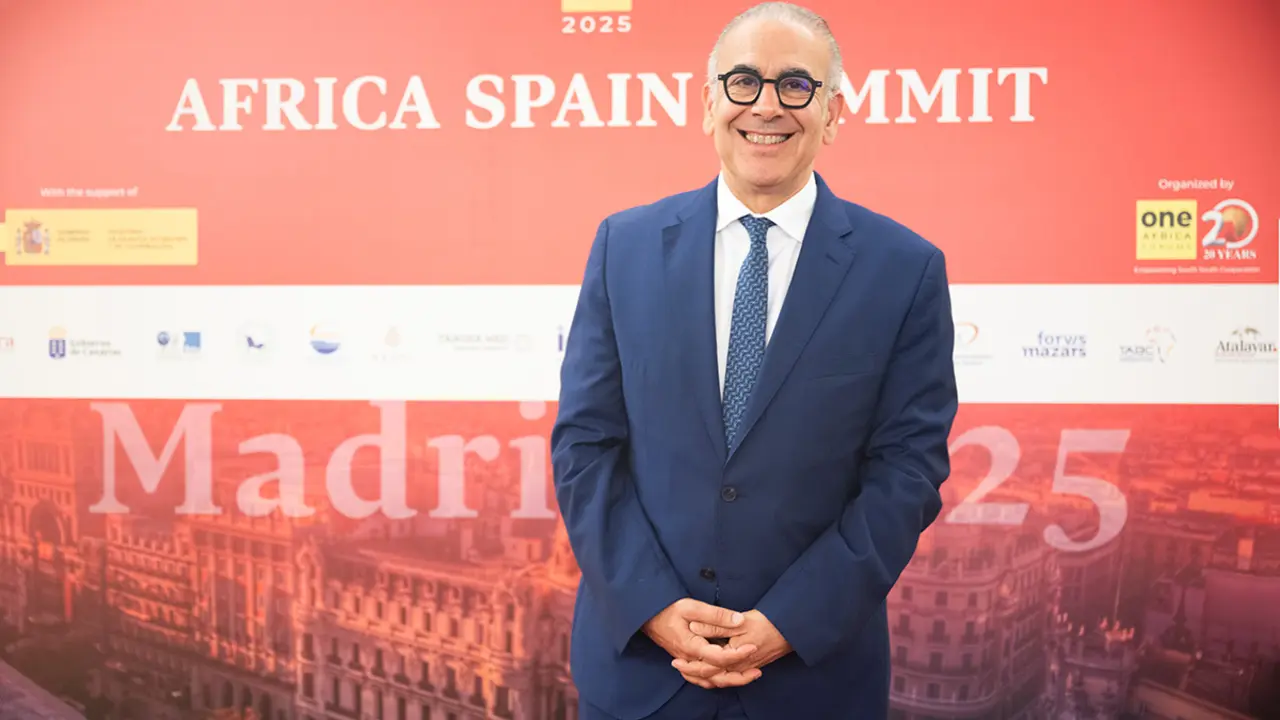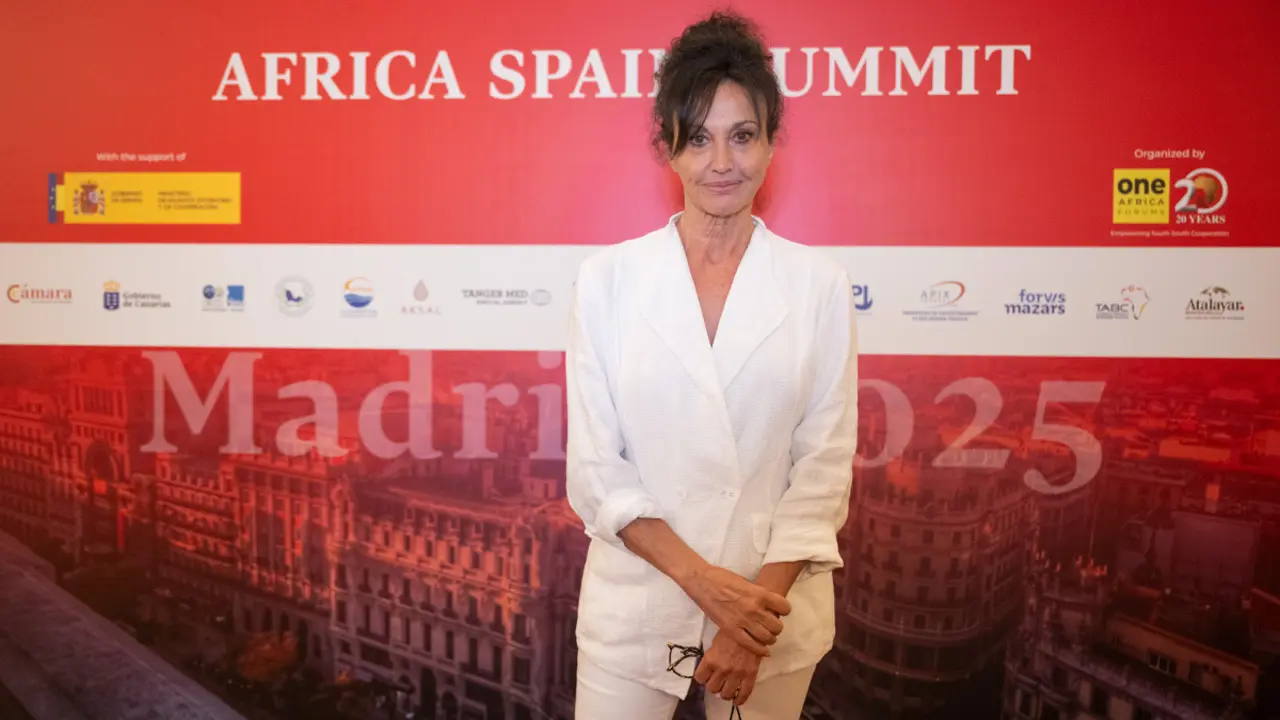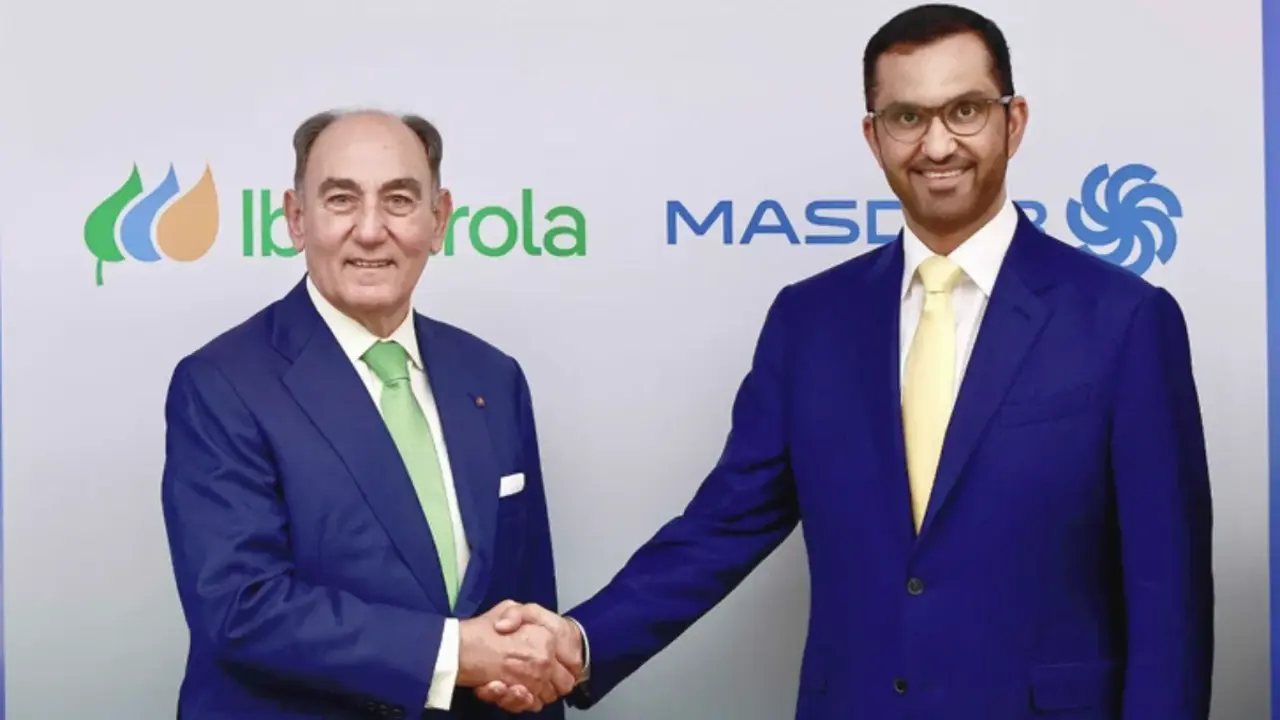Tangier-Tetouan-Al Hoceima: great potential for investment
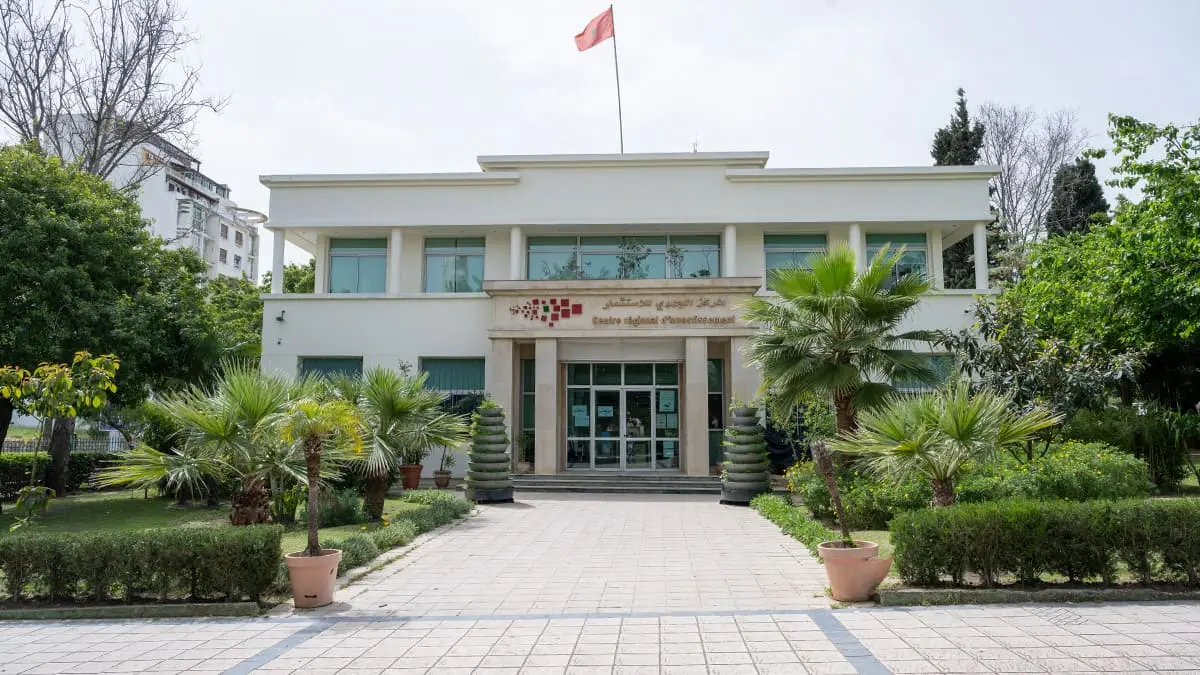
The Regional Investment Centre of Tangier-Tetouan-Al Hoceima organised the Doing Business webinar under the title "Investing in the Tangier-Tetouan-Al Hoceima region, a business potential open to the world" with the aim of strengthening economic relations between Morocco and Spain, specifically from the regions of Tangier-Tetouan-Al Hoceima and Extremadura, respectively.
As the members of the Organising Committee indicated in their opening speeches, Spain and Morocco are countries with a common history, as well as excellent political and economic relations. For this reason, they consider it necessary to hold a meeting to publicise the potential and opportunities offered by the North African country to investors and businessmen, as well as to promote the internalisation of Spanish companies.
The event was organised by the Regional Investment Centre of the Tangier-Tetouan-Al Hoceima region, with the collaboration of the Moroccan Consulate in Seville, the Official Spanish Chamber of Commerce in Morocco-Tangier, the Official Chamber of Commerce, Industry and Services of the province of Badajoz and Extremadura Avante.

The digital event was divided into two panels. The first, which dealt with the territorial offer and investment incentives in the region, consisted of various presentations, given by Noussaira El Harrak, head of Project/Territorial Offer and Promotion of the Regional Investment Centre of Tangier-Tetouan-Al Hoceima, Amal Boussouf, Director of the Spain-Tangier Chamber of Commerce, Mehdi Amhaouech, on behalf of the Regional Council of the Tangier-Tetouan-Al Hoceima region, Hasna Benyaich as representative of Tanger Med, and Sounni Moussa, from the Order of Expert Accountants of TTA. In the second panel, Carlos Mulero and Juan Antonio Vidal discussed the success stories of ERUM and InCom, two Spanish companies in Morocco.
Noussaira El Harrak presented the territorial offer of the region. "Morocco is now the first competitive country in North Africa, the first African market for Spanish companies and the second focus of investment", she pointed out, blaming much of the national situation on the creation of the Regional Investment Centre in the region.
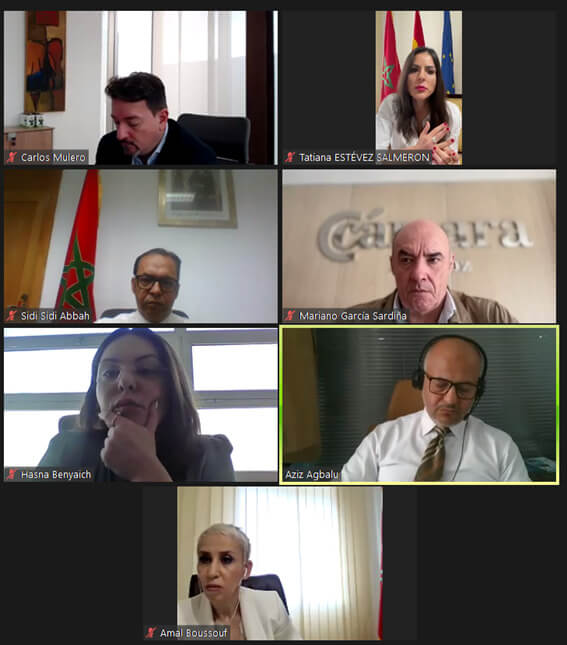
This centre has several missions: to boost the economy, to promote the territorial offer, to accompany investors and SMEs, to act as a window from which the investor takes the first steps, to seek benefits for investors through state offers and, finally, to resolve possible claims and conflicts.
Noussaira El Harrak also alluded to Tangier Tech and Tangier Med to emphasise that Morocco stands out for its industry and connectivity. The area is interesting, especially for investments of more than 5 million euros or more than 150 employees, since under these requirements large subsidies can be obtained. All of this, she said, is included in a digitalised service offer published in Arabic, English, French and Spanish.
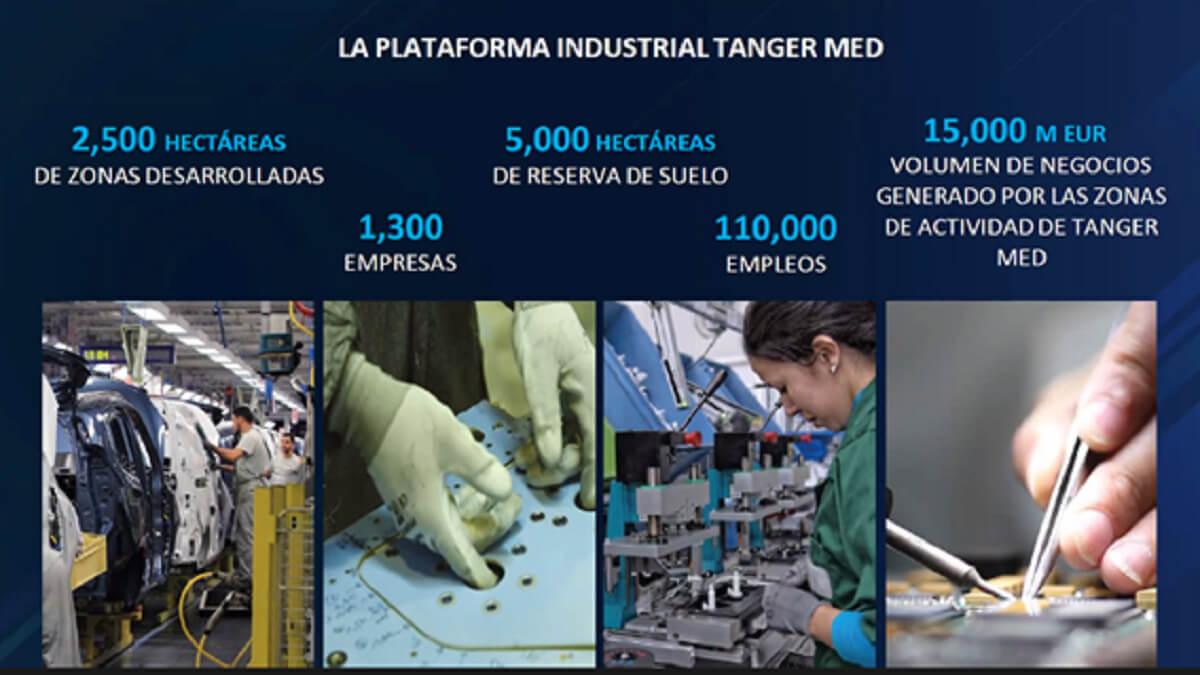
On the other hand, Amal Boussouf stressed that the Spanish Chamber of Commerce in the region represents a key meeting point for companies wishing to explore new business opportunities.
The director of the Spain-Tangier Chamber of Commerce pointed out that the Chamber promotes Moroccan investment on two pillars. The first is the pre-investment phase, in which the body advises companies that want to invest in the African country and also promotes Spanish investment in the region, identifying opportunities and bringing together companies to increase efficiency and competitiveness. The second is the post-investment period, which guarantees the accompaniment of these companies now located in Morocco, through promotion, visibility or the creation of networking and business events to create synergies between companies.
Mehdi Amhaouech spoke of NorDev, the Northern Fund for Development and Investment, with which to support companies, increase their attractiveness and boost employment. All of this is in line with Morocco's national strategy.
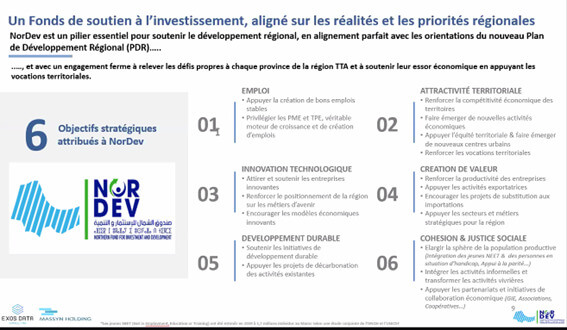
This regional investment aid fund has a budget of 1 billion dirhams and the capacity to grant subsidies amounting to 30% of the amount of the eligible investment, of which the project promoter can choose between investment and operating aid.
The commitment to the region is developed from this fund through 6 strategic objectives: boosting employment, strengthening territorial activity and achieving a higher degree of competitiveness, supporting and rewarding technological innovation, creating value from productivity in the different sectors, pursuing sustainable development and decarbonisation and, finally, ensuring cohesion and social justice.
Representing Tangier Med, Hasna Benyaich, spoke about the port complex. It is a port strategically located on the Strait of Gibraltar, at the intersection of the main maritime routes. It is the first port in Africa and the first in the Mediterranean," she said. This year, it has even overtaken major world ports such as New York or, at European level, Hamburg". It ranks third in Europe, behind Rotterdam and Antwerp and the World Bank has emphasised its efficiency. Customs today are working to facilitate and speed up transit.
The Tangier Med industrial platform is the world's second largest economic zone. It has a One-Stop Shop to ensure that investors have a single point of contact. They develop projects of great importance and the presence of Spanish companies is increasing, now reaching 68 in various sectors.
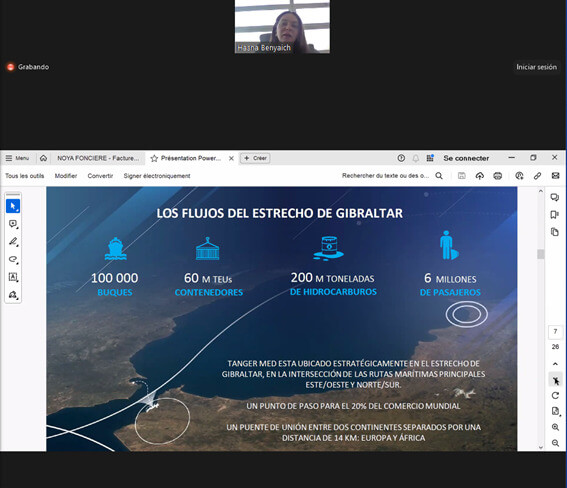
There is also the Tangier Med Foundation, which focuses on education, training and health. More than 1,000 projects are being developed there.
Finally, Sounni Moussa explained the mechanisms of tax measures relating to investment in Morocco. First, he spoke about the six taxes that exist in the Moroccan tax system and are associated with the business world: corporate tax, registration tax, income tax, tax on economic activities, value added tax and withholding tax on income from shares and the like. All of these are exempted, at least for the first few years of operation.
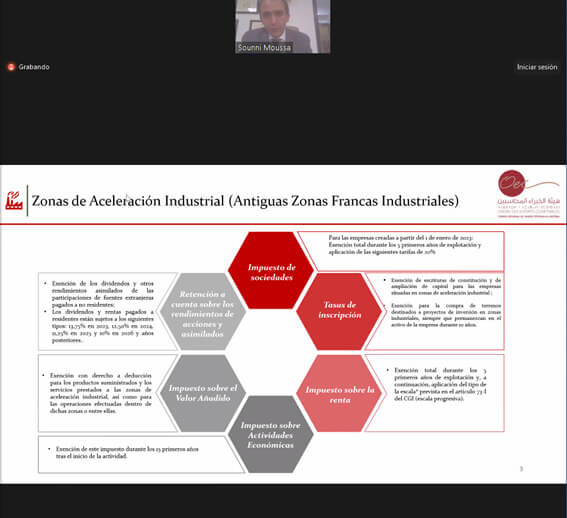
He underlined that there is another type of taxation, referring to companies outside the industrial acceleration zones. These are corporate income tax (targeting two rates in 2026, one of 20% and one of 35%), income tax (for income and profits of individuals and legal entities that have not opted for corporate income tax), value added tax (with a VAT rate of 10 or 20%, depending on the type of transaction), registration fees and communal services tax. Companies that do not generate a profit in the operating years have to make a minimum contribution of 0.25% of sales.
Finally, he addressed the double taxation avoidance agreement, which mimics the taxation of a large part of income through dividends and royalties at 10% and according to the company's shareholding in Morocco. All this is accompanied by a tax credit that would benefit Spanish companies operating in the Tangiers-Tetouan-Al Hoceima region.
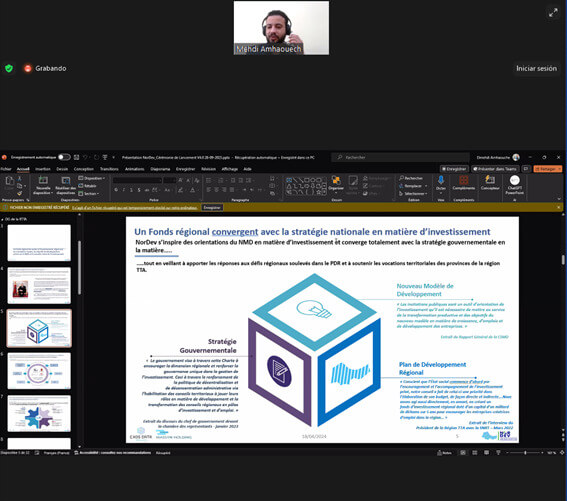
Opening the second panel on successful Spanish investments in Morocco, Carlos Mulero spoke about the experience of the ERUM Group, a leader in plastic injection moulding. In its beginnings they had a small plant and now it measures 25,000 square metres. They have two plants in Tangier, from where they serve the European market. According to him, in order to be successful, it is necessary to take a fundamental step: "Come, get to know the country and allow yourself to be supported by the institutions there and here".
The case of InCom Group, a manufacturer of wind blade components for large companies, is also a reference. According to Juan Antonio Vidal, they are a success story because they have not only continued their activity, but have also opened a new plant in Tangier Automotive City. He acknowledged that "the Administration tends to collaborate in investments when it responds in a serious and professional manner". They now export to the United States and have incorporated the activity for the railway and aeronautical sector in composite components. The secret, he says, is to have sufficient resources and financial structure.
The webinar showed that Morocco is the gateway to the African market for Spanish companies. Two territories barely separated by 14 kilometres, but united throughout history and which, now, from the regions of Extremadura and Tangier-Tetouan-Al Hoceima, will be able to strengthen their ties.

